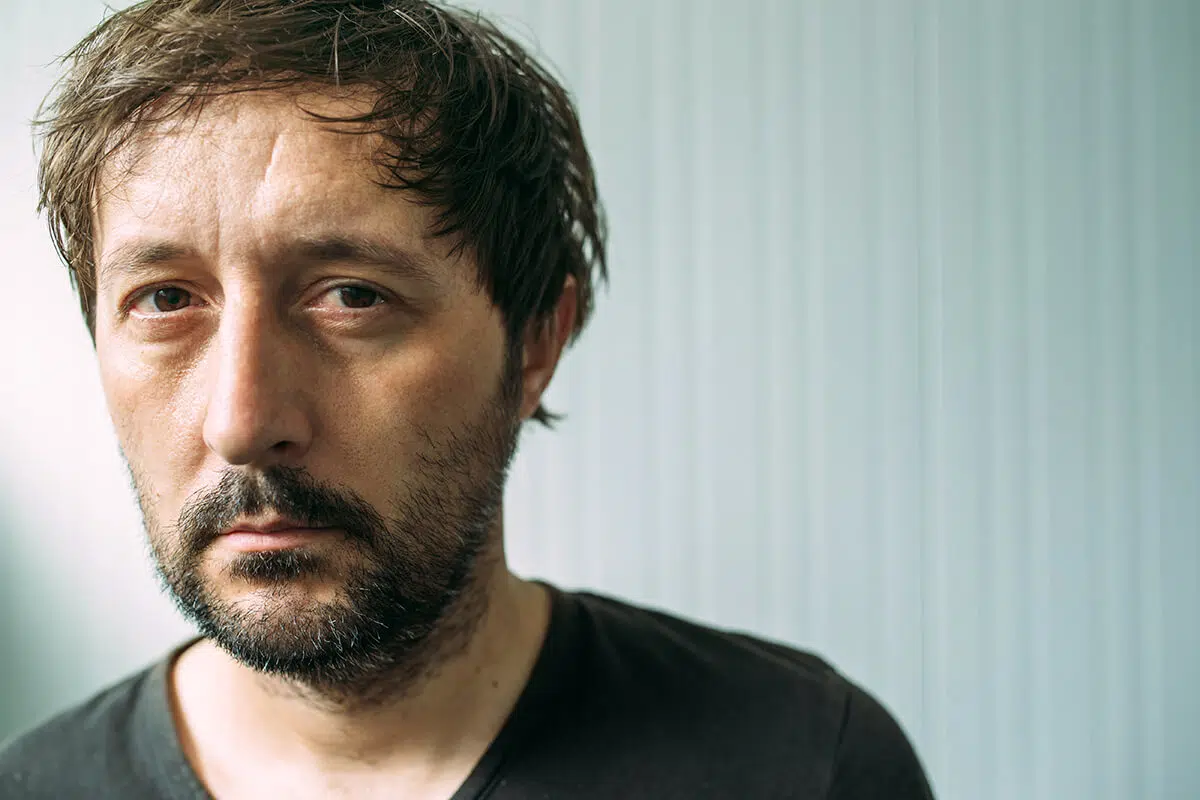With the majority of overdoses being opioid-related, specialized substance abuse treatment programs are greatly needed. When an individual overdoses, a variety of drug overdose symptoms occur. These symptoms vary from one drug to the next, although many overdose symptoms are similar and, as a result, easy to identify. They need to be identified quickly so that the individual can receive prompt medical attention, which can be the difference between life and death.
If you’re with an individual who is using drugs and notice the onset of these symptoms, calling 911 for emergency services can save their life. Learn more about drug overdose symptoms so that you can provide the assistance that an overdosing individual needs to survive.
What Is a Drug Overdose?
A drug overdose occurs when a person takes more of a drug than they can handle. How the body reacts to an excessive amount of the drug depends on the individual and, more notably, the drug. Different drugs cause different reactions, especially when they’re taken in excess.
Individuals can overdose on both prescription and non-prescription drugs, so understanding drug overdose symptoms is essential. Today, many drug overdoses are caused by opioids, a drug category that includes illegal drugs like heroin and fentanyl as well as prescription medications like oxycodone, morphine, and hydrocodone.
If you or a loved one experiences symptoms of addiction or overdose, the partial hospitalization program in Ohio can help. With medical care and structured rehab programs, you can overcome drug abuse.
Drug Overdose Symptoms
While symptoms can vary from one drug to the next, many overdose symptoms are similar, regardless of the drug that is being used. Individuals experiencing a drug overdose might appear sleepy, struggle to remain conscious, and eventually lose consciousness. Their breathing may change, depending on the drug they used. Breathing can become slow and shallow, they may struggle to breathe, or you may notice gaps in breathing.
Other symptoms can indicate a drug overdose as well, including the following:
- Cold and clammy skin
- Blue lips and fingernails
- Confusion
- Shaking
- Convulsions
A person who is overdosing may eventually lose consciousness entirely and fall into a coma. They might even have a seizure. The risk of death is also real as well. The longer the person isn’t breathing, the higher the risk of brain damage that they will not be able to recover from. As a result, immediate treatment can save a life.
What to Do in the Event of an Overdose
If you witness someone experiencing drug overdose symptoms, do not delay in seeking treatment. You should immediately call 911 to request assistance. While you wait for emergency medical professionals to arrive, you can offer assistance to give the individual a better chance of survival.
Most notably, if the individual is experiencing shallow or weakened breathing, performing CPR on them until the ambulance arrives can help. This involves performing chest compressions, opening the airway, and providing two breaths at a time to help sustain their breathing.
Additionally, when emergency help arrives, be prepared to answer important questions about your friend’s overdose. Providing as much information as possible can help paramedics provide appropriate and effective treatment. The following information may be requested of you:
- Type of drug taken
- Quantity of drug taken
- When drug was last used
- Emergency contact information
While you may not know all of the answers to these questions, whatever information you can provide can help ensure the overdosing individual receives the treatment they need to survive.
Recovering from an Overdose
Recognizing drug overdose symptoms quickly allows you to help an individual in need. Your recognition of these symptoms, combined with emergency medical treatment, can save a life. Then, you can help this individual seek treatment for drug addiction, with the help of the following programs:
Contact Midwest Recovery Center today by calling[Direct] to learn more about the dangers of drug abuse.


























